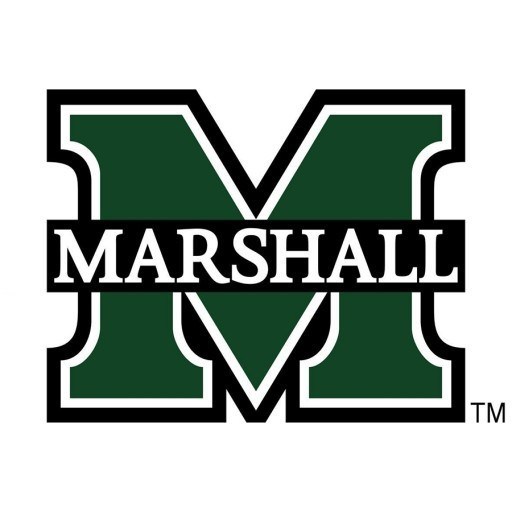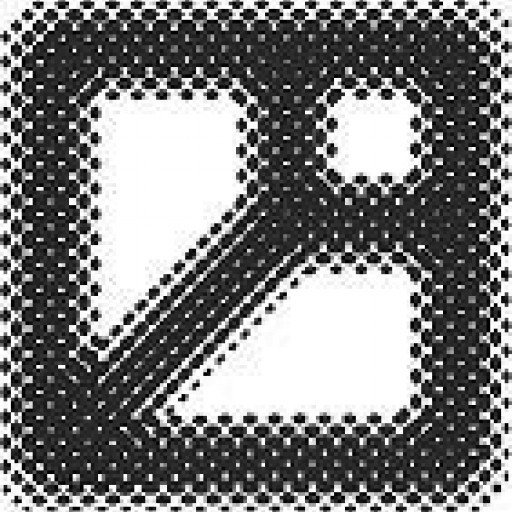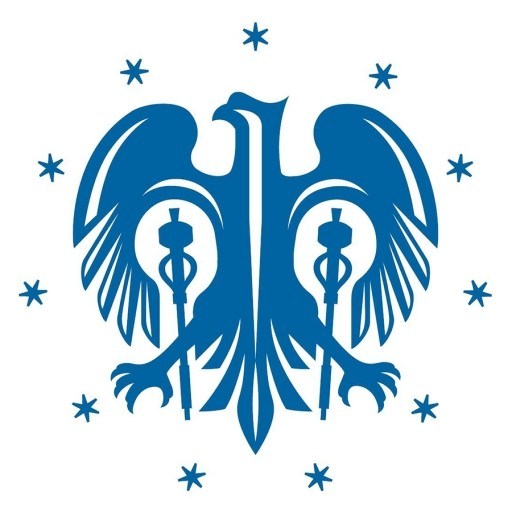Photos of university / #dublincityuniversity
The MSc in Translation Technology at DCU is a member of the prestigious European Masters in Translation (EMT) Network established by the Directorate-General for Translation at he European Commission. DCU is the only university in Ireland to be awarded this quality label.
The MSc in Translation Technology provides advanced technical training, an essential element in the world of translation in the twenty-first century. It welcomes students with languages other than those covered b the MA in Translation Studies, with English as a common language.
This postgraduate programme is supported by the Higher Education Authority (HEA) under their Graduate Skills Conversion Programme, resulting in a reduced fee for European Union citizens.
In addition to expertise in their areas of specialization, many of the lecturers who teach on the programme, have extensive connections with the translation profession and the translation industry.
To develop a range of professional and linguistic skills appropriate to the translation profession
To equip students with the technological tools and skills required in the profession
To provide practical training in the use of translation tools and an introduction to computer programming
To introduce students to contemporary theoretical issues in Translation Studies.
Year 1 Core Modules:
| Code | Title | Credit | Semester | Exam % | CA % |
|---|---|---|---|---|---|
| CA598 | Object Orientated Programming (Java) | 5 | Semester 1 | 50 | 50 |
| LC501 | Translation Technology | 10 | Semester 1 | 0 | 100 |
| LC502 | Translation Theory | 10 | Semester 2 | 0 | 100 |
| LC503 | Dissertation | 30 | Autumn Semester | 0 | 100 |
| LC504 | Localisation | 5 | Semester 2 | 0 | 100 |
| LC516 | Computerised Terminology | 10 | Semester 1 | 0 | 100 |
| LC521 | Research Methodologies | 5 | Semester 2 | 0 | 100 |
| LC523 | Audio Visual Translation | 5 | Semester 2 | 0 | 100 |
Year 1 Optional Modules:
| Code | Title | Credit | Semester | Exam % | CA % |
|---|---|---|---|---|---|
| FN562 | Aistriuchan Dli agius Reachtaiochta | 5 | Semester 2 | 70 | 30 |
| FR402 | Specialised Translation: Technical (French) | 5 | Semester 2 | 100 | 0 |
| GE402 | German Scientific / Technical Translation | 5 | Semester 2 | 100 | 0 |
| JA402 | Japanese Scientific/Technical Translation | 5 | Semester 2 | 0 | 100 |
| LC525 | Translation as a Profession | 5 | Semester 2 | 0 | 100 |
| LC527 | European Union Institutions Study Trip | 5 | Semester 2 | 0 | 100 |
| SP402 | Spanish Scientific / Technical Translation | 5 | Semester 2 | 0 | 100 |
| UM405 | Uaneen Non-Contributing Module | 5 | Year long | 0 | 100 |
| ZH402 | Chinese Scientific/Technical Translation | 5 | Semester 2 | 0 | 100 |
General Entry Requirements
Applications are invited from graduates, normally with at least a Second Class Honours degree, in an undergraduate discipline such as: language, linguistics, computational linguistics. Applicants should have knowledge of a second language (no restrictions apply).
In addition, applicants should preferably have spent a total of at least 12 months per language in a country or countries where the language(s) they wish to study are spoken.
Consideration will be given to graduates from other disciplines who have appropriate linguistic competency.
Non-native speakers of English should will be required to submit evidence of advanced English language skills e.g. IELTS 7 points, Cambridge Proficiency Pass or TOEFL 600 points (paper based test) or 250 points (computer based).
Applicants may be called to interview.
Recognition of Prior Learning
Applicants who do not meet our entry requirements of a second class honours degree in one or two languages must provide evidence that they have gained significant work experience in translation or a related field (localization, journalism, etc.) and that they have extensive knowledge of their chosen source and target language and cultures.
Applicants must provide evidence that they have achieved level C1 or above on the Common European Framework of Reference for Languages for their chosen language.
Dublin City University is proud to award merit-based scholarships to high achieving students who enter the Faculty of Engineering and Computing and the Faculty of Humanities and Social Sciences for the 2016/17 academic year. These scholarships are available to Indian applicants only and are based on academic merit to those who have a Full Offer.
The Faculties also award scholarships of €1,000 to high achievers entering Masters and Bachelor programmes who are ranked by academic achievement.










